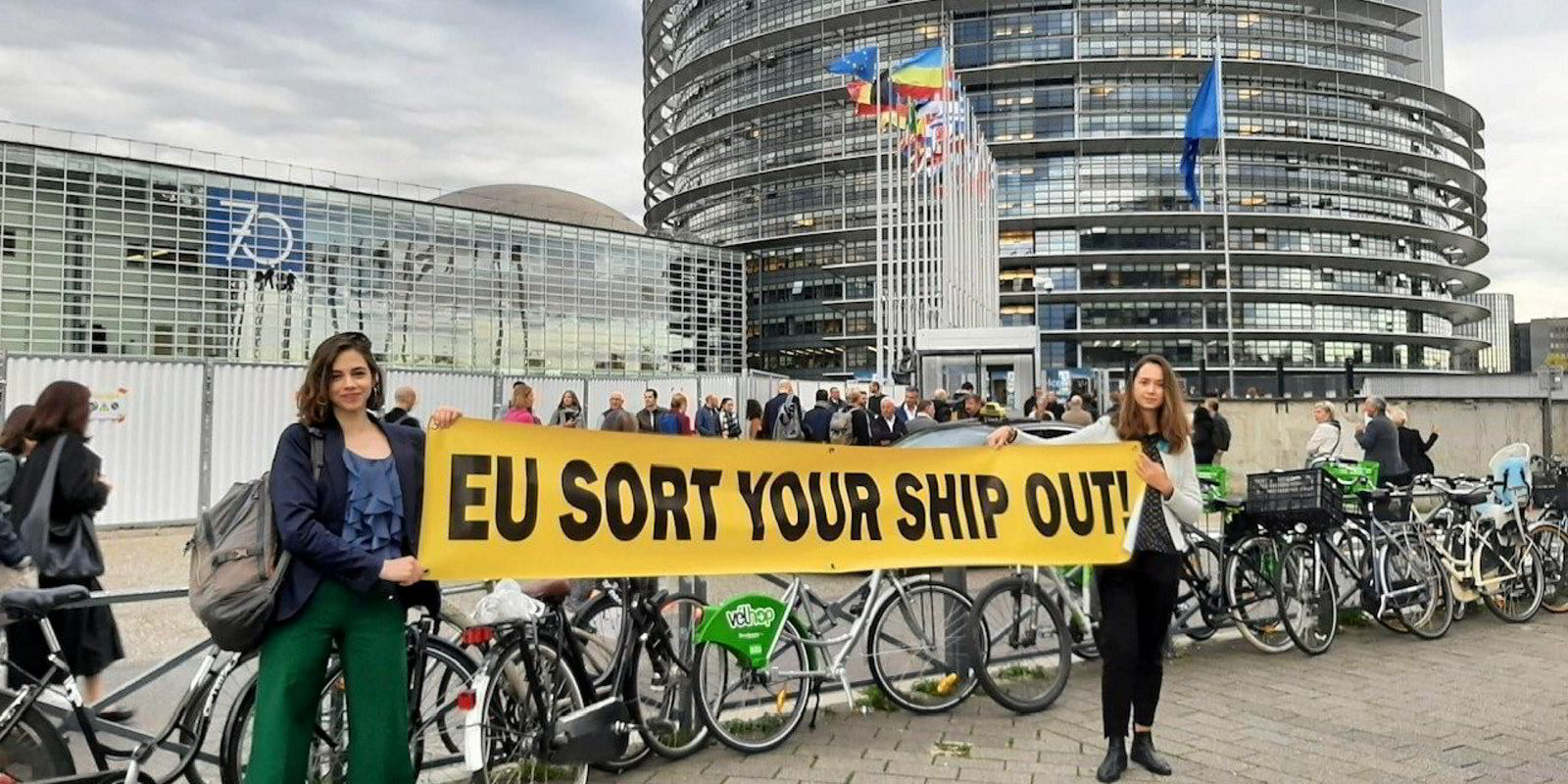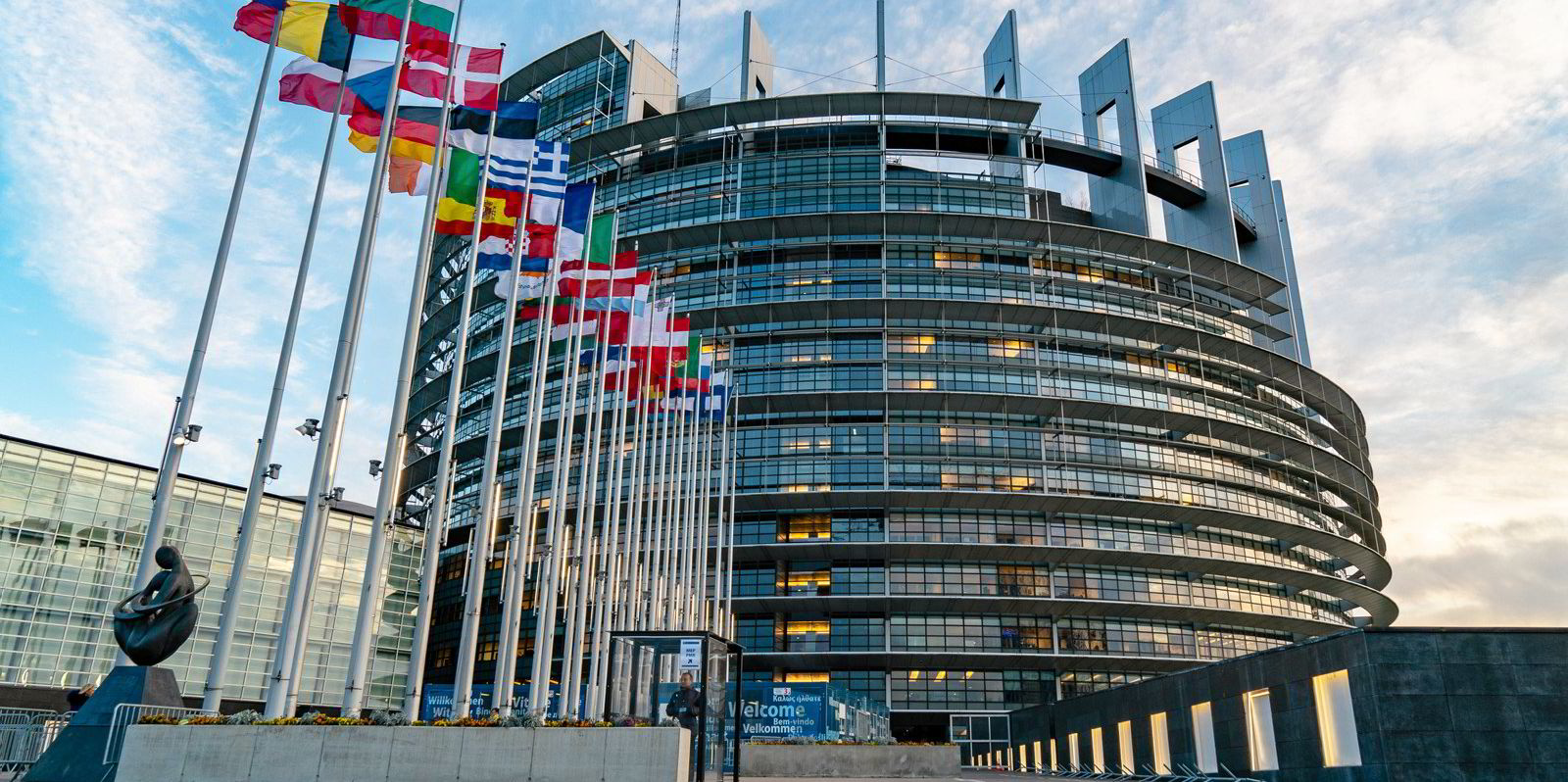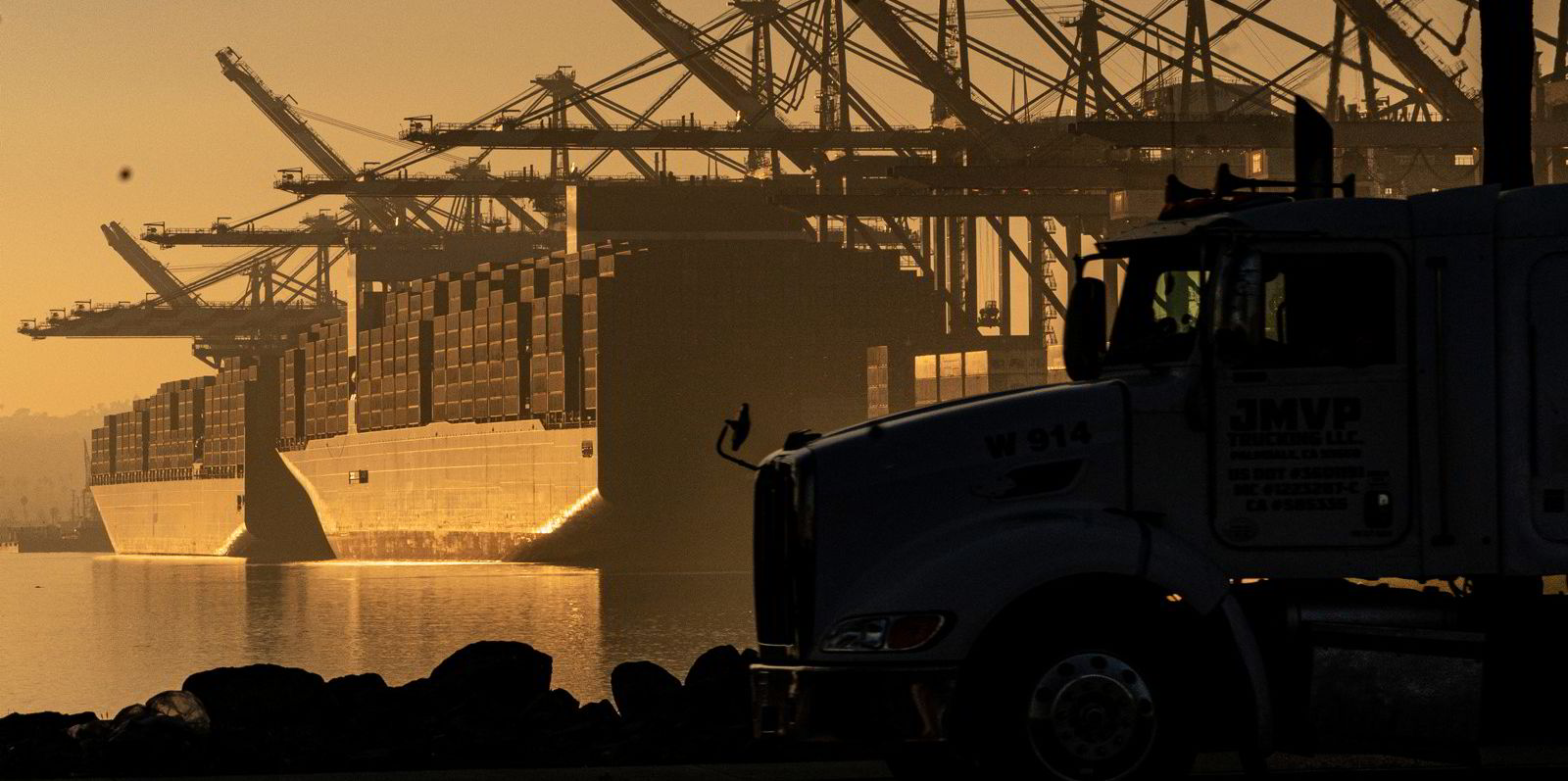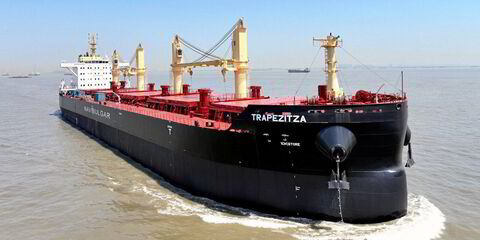The European Parliament added some teeth to planned European Union legislation on maritime fuels on Wednesday.
In its final proposal for the future FuelEU Maritime regulation, lawmakers asked for tougher greenhouse gas (GHG) targets than those proposed last year by the European Commission — another EU legislative body.
According to the counter-position approved by the EU plenary on 19 October, the GHG intensity of the energy used on board ships calling at EU ports should fall by 20% until 2035 and by 80% by 2050.
The EC, the body in charge of initial drafting and then implementing EU legislation, had proposed cuts of 13% by 2035 and of 75% by 2050.
Both EU bodies agree that the cutting should start soon, by 2% in 2025 and by 6% by 2030.
This leaves a minority of Members of the European Parliament (MEPs) and green pressure groups unhappy. Lawmakers rejected a more ambitious proposal to cut ships’ GHG intensity by 10% in 2030 and by 100% by 2050.
Eliminating GHGs by 2050 would have restricted the use of LNG, said the Global Strategic Communications Council, one of the several groups to question that fuel’s environmental credentials.
The parliamentary majority, by contrast, lent support to LNG, inserting into the planned legislation a passage extolling its role as transitional fuel towards zero-emission alternatives — especially if it is gradually decarbonised by blending it with liquefied biomethane or renewable and low-carbon synthetic gaseous e-fuels.
Under the EU’s complex legislation procedures, the FuelEU Maritime proposal will be subject to further bargaining between the EC, the parliament and the bloc’s 27 member states represented in the European Council.
More needs to be done, but what?
Europe’s shipowners’ lobby cautiously endorsed the parliamentary text, as MEPs inserted into the legislation a set of proposals close to owners’ hearts.
Not only did the parliament reaffirm that charterers should also be held accountable for meeting part of decarbonisation costs — also, for the first time, they introduced an element of liability for fuel suppliers.
If the supply of clean fuels fails to meet shipping companies’ demand, then measures should be taken that “adequate volumes” be made available at EU ports,” the parliamentary text said.
If the parliament’s proposal becomes EU law, fuel suppliers could also be subject to a penalty if they provide “misleading or inaccurate information” about the GHG intensity of the fuels they’re selling.
“Today’s vote is a step in the right direction … however, more needs to be done to make sure that sufficient quantities of clean fuels are made available by fuel suppliers in European ports,” the European Community Shipowners’ Associations said in a statement.
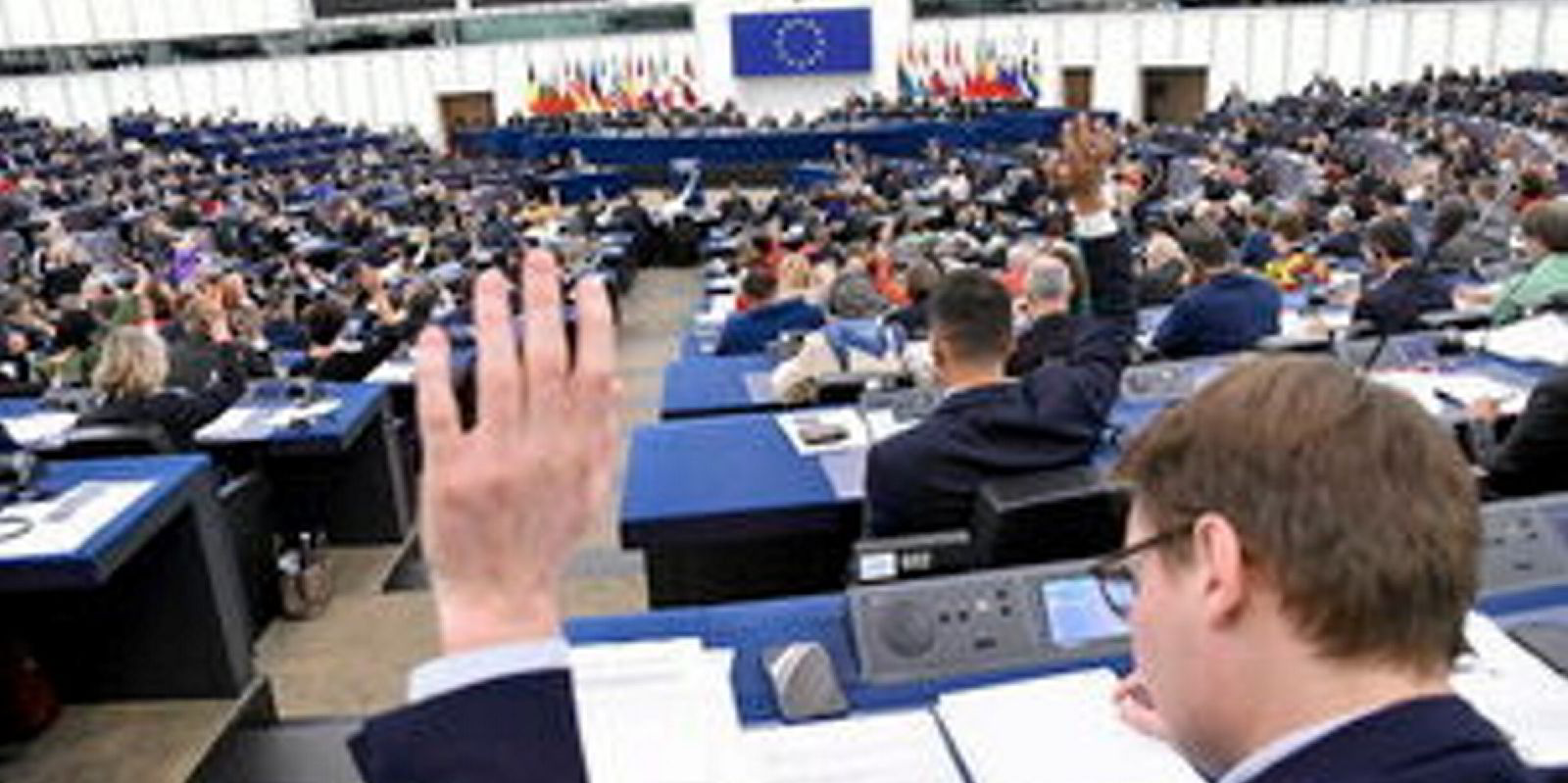
Another principle in owners’ favour is that the parliamentary text reaffirmed that any income accrued by from penalties imposed on shipping companies for non-compliance and through the EU’s emissions trading system should be earmarked for a specialised Ocean Fund dedicated to shipping decarbonisation.
According to the EC proposal from last year, by contrast, such sums would be channelled into an Innovation Fund serving decarbonisation in general.
Lawmakers also introduced several other provisions viewed favourably by shipowners, such as calls to safeguard the competitiveness of Europe’s maritime industry vis-a-vis non-EU actors or to make sure that container ships do not escape the rules by calling at ports near the 27-member bloc.
Given the additional compliance costs FuelEU Maritime will impose on shipping, lawmakers also urged EU authorities to take “compensatory actions … to prevent the total level of regulatory burden from increasing”.
Green groups disappointed
The EC has estimated the compliance cost of FuelEU Maritime at €89.7bn — a sum that would be born mainly by ship operators.
Green groups, by contrast, see plenty of negatives in Wednesday’s vote.
Apart from rejecting the outright elimination of GHGs by 2050, the parliament majority dismissed another set of more far-reaching proposals put forward by some MEPs.
Those included incentives for the use of e-fuels through a mandatory sub-quota of 6% for such fuels by 2030.
Another rejected proposal was to lower the threshold of applying FuelEU Maritime to vessels above 400 gt, down from the 5,000 gt currently envisaged in both the parliamentary text and the parallel EC proposal.
The parliament also threw out proposals for stricter penalties of €5,500 ($5,375) per tonne of non-compliant fuel, as opposed to a current amount of €2,400 per tonne.
